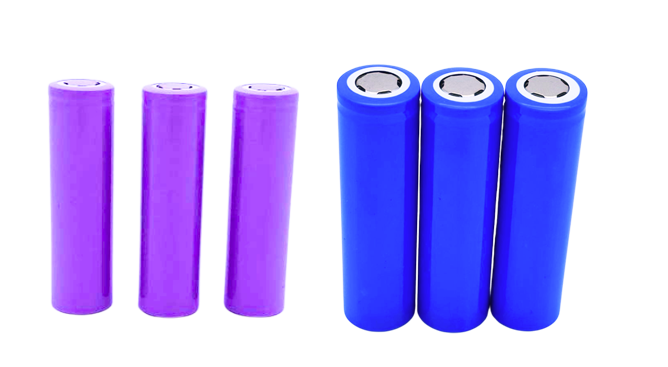Do you know the four taboos for using lithium batteries?
Hello everyone, do you all know about lithium batteries? Battsys Battery will explain in detail for you.
The first temperature is that lithium batteries are afraid of high temperatures. Long term exposure to excessive heat can significantly reduce the lifespan of lithium batteries, and in severe cases, explosions can occur due to increased internal pressure. Even if there is no explosion, lithium batteries will quickly be scrapped in high heat, largely due to the high temperature of their working environment.

The second largest current, for example,
18650 battery cells have a 3C discharge, while your electric vehicle has an 8000W battery. Using a battery cell with a current lower than your electric vehicle's discharge current can cause the lithium battery to overheat, the current to be too high, and the lifespan to be shortened. It may also result in bulging and scrap. If your electric vehicle has a very high power and fast speed, it is recommended to choose 18650 battery cells with a current of 10C. Choosing the appropriate battery cell is obviously very important!
The third full charge storage is 4.35V for ternary lithium batteries. Currently, maintenance boards on the market stop charging at 4.2V, so many people say that electric vehicle lithium batteries do not have the nominal capacity. In fact, this is the reason. Ordinary long-term storage of electric vehicle lithium batteries is best when the TV is fully charged at 50%. For example, when you buy a new phone, many of them have 50% battery capacity when turned on. If the fully charged storage time is long, it will reduce the capacity of the lithium battery. Except for lithium iron phosphate and lithium titanate, which can be stored at full capacity, it is also important to choose a high-quality maintenance board. The biggest taboo for lithium batteries is over charging and over discharging. Three element lithium will be scrapped after one over discharging, and over charging will inevitably result in bulging and scrapping.
The fourth suitable charging device should also ensure that the current of the charger and the normal current load of the electrical appliance are within a regular range during charging and discharging. Excessive current load can easily cause internal short circuits in the battery, thereby damaging lithium ions and causing safety hazards in the circuit. Similarly, the same principle applies to the voltage of rechargeable chargers. So we should also pay attention to whether the charger is qualified when using it.
